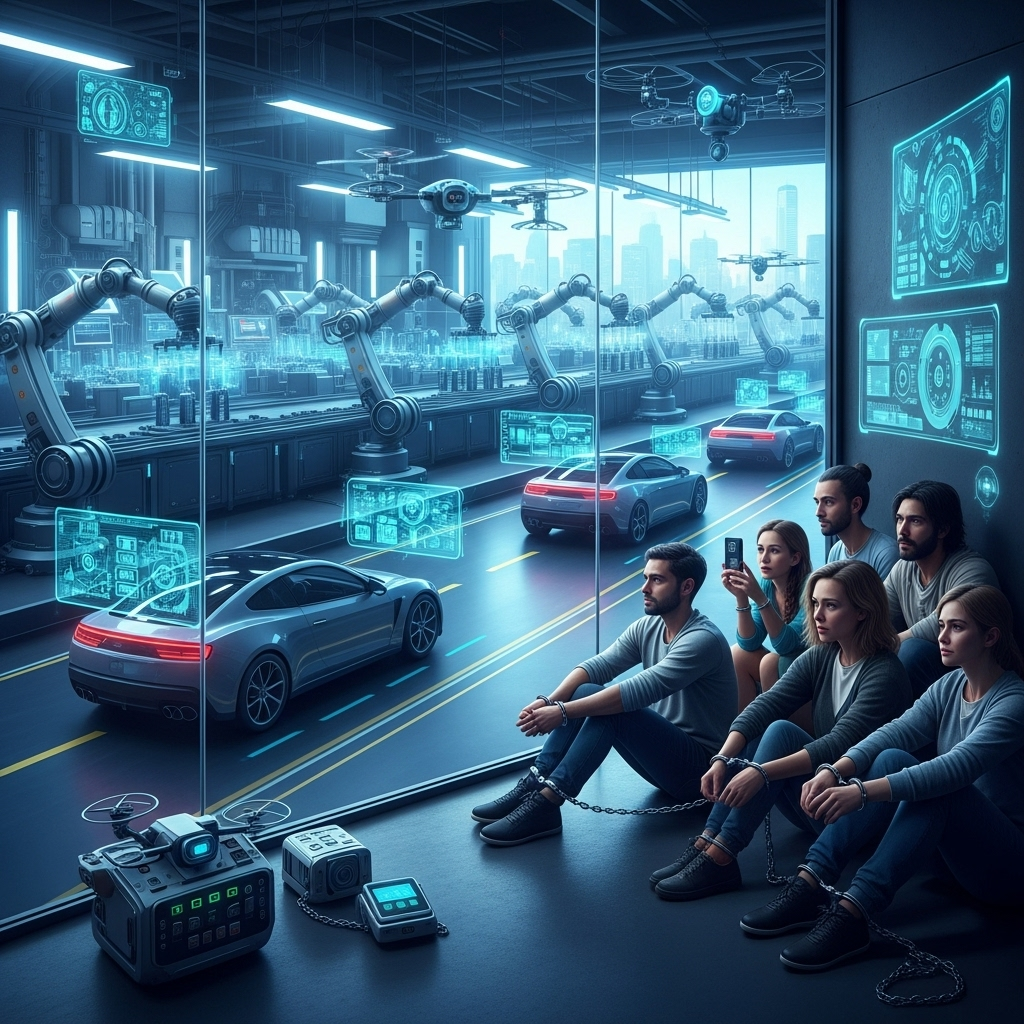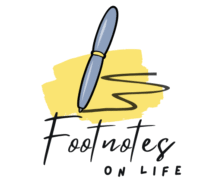
There’s a certain kind of chaos around AI right now. A visual I keep seeing in my mind, like some bad sci-fi film: robotic arms whirring, self-driving cars zipping past, and humans in the corner, chained and helpless, staring at a gloomy, AI-powered future.
It feels dramatic, doesn’t it? As if we’re all about to be replaced by a line of code and a shiny metal box.
But here’s the thing. Any machine needs fuel. For new innovations, that fuel is money, resources, and energy. And right now, AI is getting all the funding, all the hype, all the attention because it’s doing things our old tools couldn’t. That’s it. It’s a better tool. Not a replacement for humanity. Just a better screwdriver for the screws we’ve been trying to tighten all along.
Think back to your school days. Remember those impossible chemistry problems, those carbon-dating calculations? We used to have these magical log books. Mastering a log book felt like a superpower—a huge, brainy skill just to do a basic calculation.
Then, the humble calculator arrived.
Did the education system collapse? Did all the math teachers and accountants get fired? No. Their roles just shifted. The accountant no longer had to spend hours totalling numbers. The calculator did that. So, the accountant’s job evolved. They became more of an analyst, a strategist, a financial health guru, not just a human calculator.
The job didn’t die; it got more interesting. More productive.
And then came Microsoft Excel. Did calculators vanish?
Nope. Go check Casio’s annual sales. They’re still very much in business. Excel didn’t kill the calculator; it just became another tool in the toolkit, with a different purpose.
And that’s my point about AI. It’s just the new tool. A very, very powerful one, yes, but still just a tool. We’re in the “before Excel” phase right now, where the new capabilities feel revolutionary. And for a moment, everyone panics.
“All the teachers will be jobless!” “All the artists are done for!” “There will be no need for writers!”
I’m sure the same conversations happened when the first calculator was invented. The fear is real because the change is sweeping. But humans are not passive observers. We adapt. We find new ways to use the tools. We don’t just total balances; we analyze the whole statement.
After a certain point, the returns will slow. The money and resources poured into incremental AI advancements won’t justify the effort. Someone will invent the next great thing. The “Post-AI” era. The world will keep turning.
I could be wrong. I am just a middle-aged guy, after all. But I don’t think so. This isn’t the end of the human era; it’s just the start of a new one. A more efficient one.
And frankly, I was struggling for an idea for this blog post today. My mind was empty. Then I asked myself: So what?
And the words started flowing. Because sometimes, the biggest obstacle isn’t the problem itself, it’s our own fear of it. And when you look at AI as just a better tool, it’s a lot less scary and a lot more exciting.
